
As he handed himself in to a Manchester police station, one-eyed killer Dale Cregan told them: “You were hounding my family so I took it out on yous. I’m wanted by the police and I’ve just done two coppers.”
The local drug dealer had spent weeks successfully evading capture as police hunted him over the gun and grenade murders of father and son David and Mark Short, whom he had killed in a row between feuding families in east Manchester.
But growing tired of the tactics from Greater Manchester Police, who repeatedly raided his family home and put a £50,000 bounty on his head as they launched the largest manhunt in their history, he decided to hit back and laid a trap.
PC Fiona Bone, 32, and PC Nicola Hughes, 23, were brutally murdered in September 2012 after they responded to a bogus 999 call from Cregan reporting a burglary, who told the handler: “I’ll be waiting.”
He shot the officers multiple times before detonating a fragmentation grenade on the women as they lay on the ground.
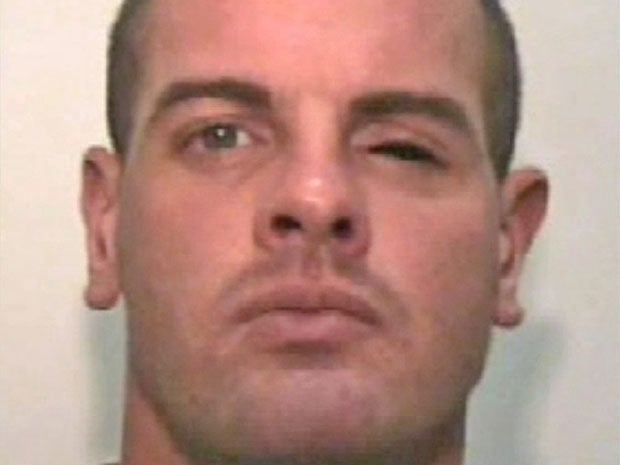
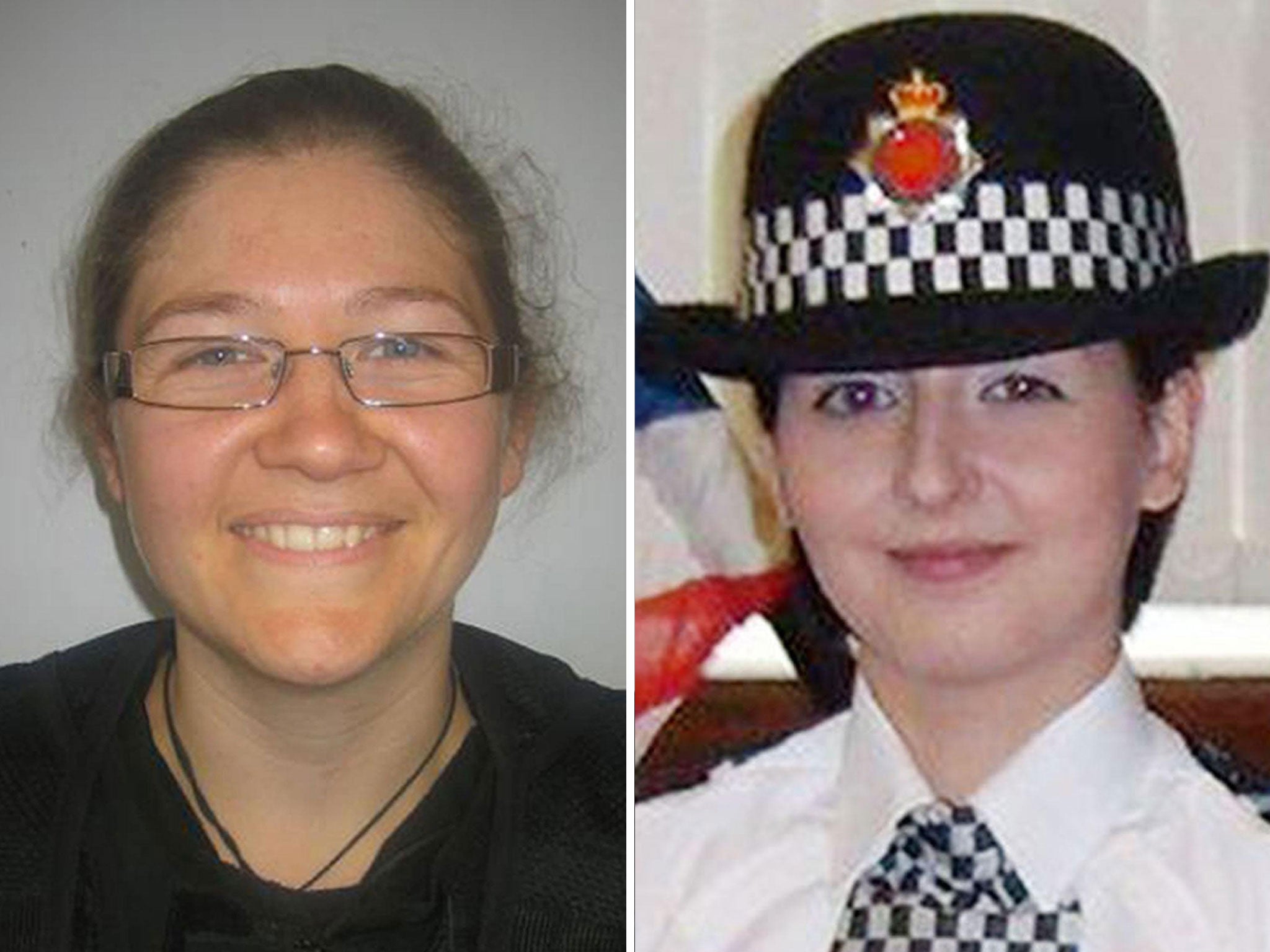
He was eventually handed a rare whole life order for murdering the father, son and two policewomen in a case that rocked policing and briefly reignited debate over whether officers should be routinely armed.
GMP’s leaders were also forced to defend the force from criticism for releasing Cregan on bail after he was first arrested for Mark Short’s murder and then adopting the tactic of repeatedly visiting his family while he was on the run.
It was in the wake of this scandal that the Force Critical Wanted Unit (FCWU) was born, with the sole purpose of catching dangerous criminals quickly and effectively.
Now the specialist team, one of only a handful of such units in the country, takes an average of one to three days to catch the city’s most high-risk fugitives by tracking their every movement.
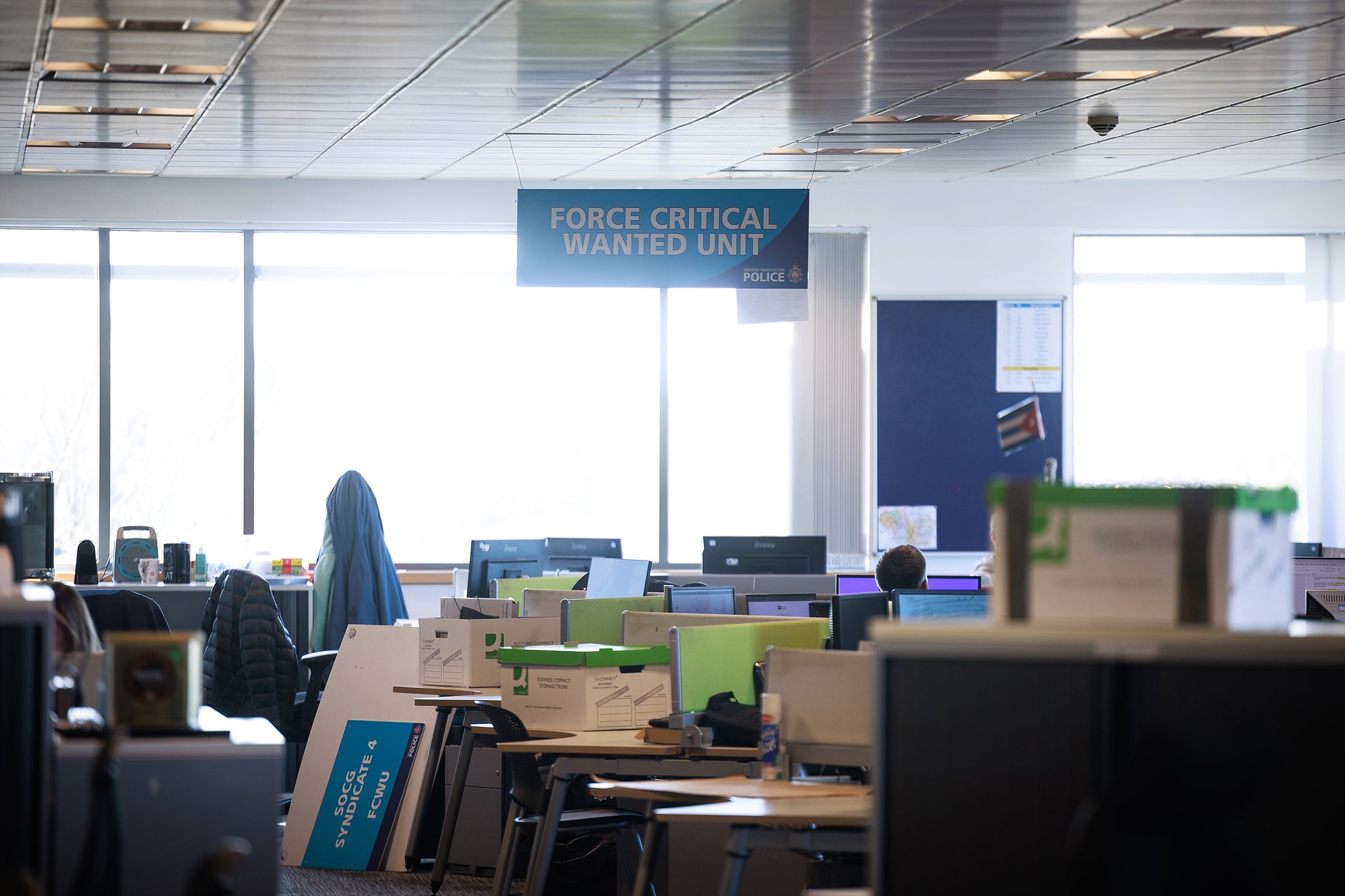
“We deal with those most dangerous, hardest to find, riskiest offenders,” Detective Superintendent Joseph Harrop explained from inside the base in Ashton-under-Lyne, where he heads up the force’s activities to tackle serious and organised crime.
“It’s generally murders, firearms offences, or other offences where we think they’ve used a firearm, or likely to have access to firearms.”
Each day, GMP, the country’s second-largest police force, has hundreds of people it wants to track down, but only the most dangerous are looked at by the FCWU.
Once they have adopted a target, the team – made up of an inspector, two sergeants and around eight police staff – use what they describe as “reverse victimology” to build a profile of the suspect.
They then deploy a range of techniques, tracking their spending, phone activity and known contacts to find them and bring them into custody as rapidly as possible.
“It’s about understanding their footprint, who their associations are,” DS Harrop added. “What’s the financial footprint, what’s the social media presence? Who are the partners? Do they have multiple partners? We will try and exploit a weakness.”
Given the cases they take on are classed as offenders who pose a high risk to the public, this often calls for covert activity, and the team has access to 24/7 surveillance capabilities.
Inside an observation room, detectives watch monitors with multiple cameras trained on key locations linked to their targets.
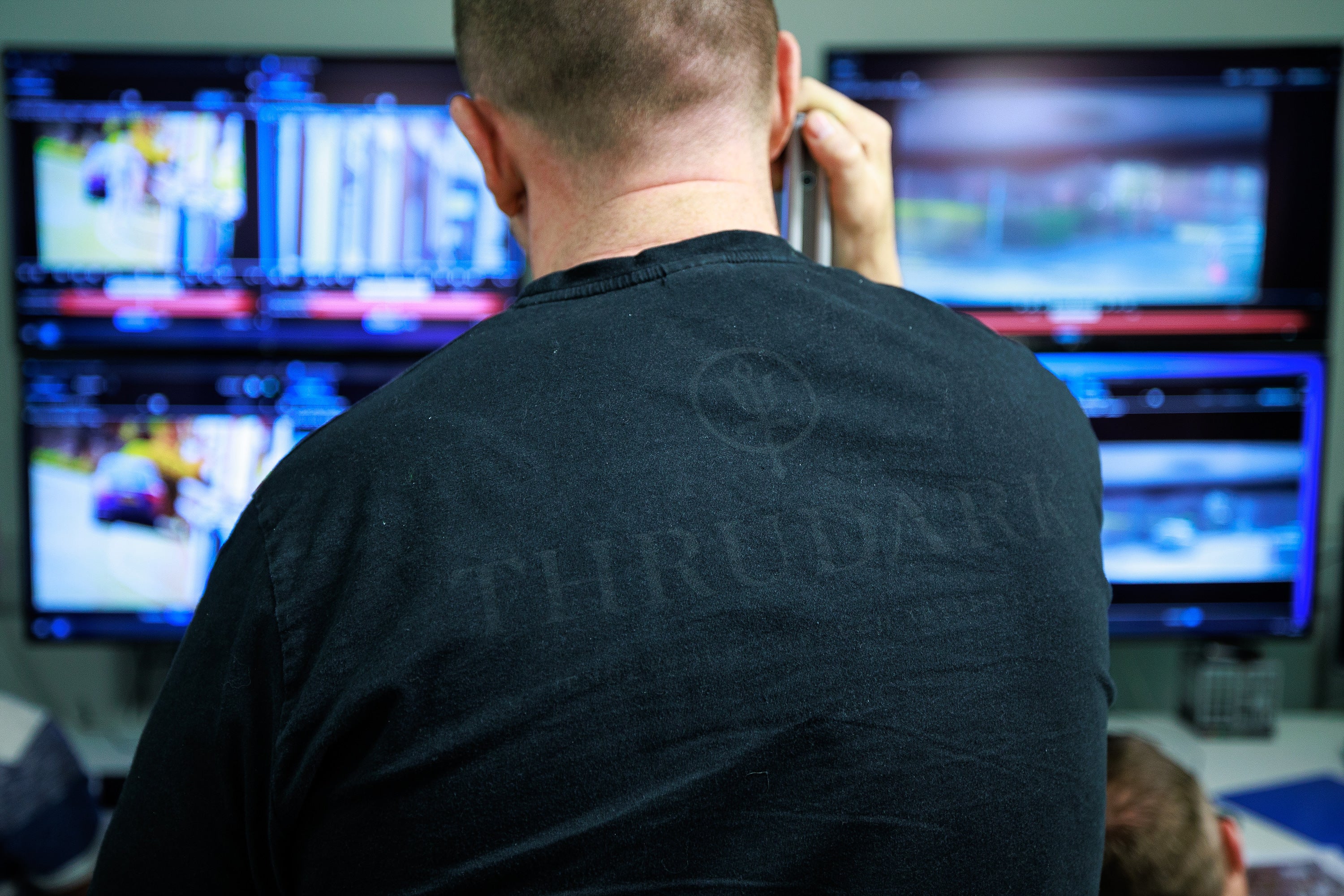
Once a suspect has been located and their identity has been confirmed, the team may deploy to make an arrest – although often, this is led by firearms command.
Last year, the team made a record 114 arrests, with many wanted for murder or firearms offences.
Unit leader Detective Inspector James Coles, who was one of the first officers on the scene of the murder of PCs Bone and Hughes 12 years ago, describes the FCWU’s work as “the sharpest end of the sharpest sword in policing”.
He will run a manhunt from inside an operations room known as the “green room”, where surveillance teams, firearms command and other units will work together until a suspect is brought in.
“The reason for our success as a unit is not because we’re any better or worse than any other police operation, it’s that we do it a lot,” he told The Independent.
“By doing it a lot, we practice our techniques and tactics very well. We don’t have any magic tools that other forces don’t have; we just do the basics really, really well.
“Human beings have patterns of behaviour, and it’s interesting when you observe them with close scrutiny… we can kind of predict their behaviour. This is the most effective and most impressive team I have ever worked with.”
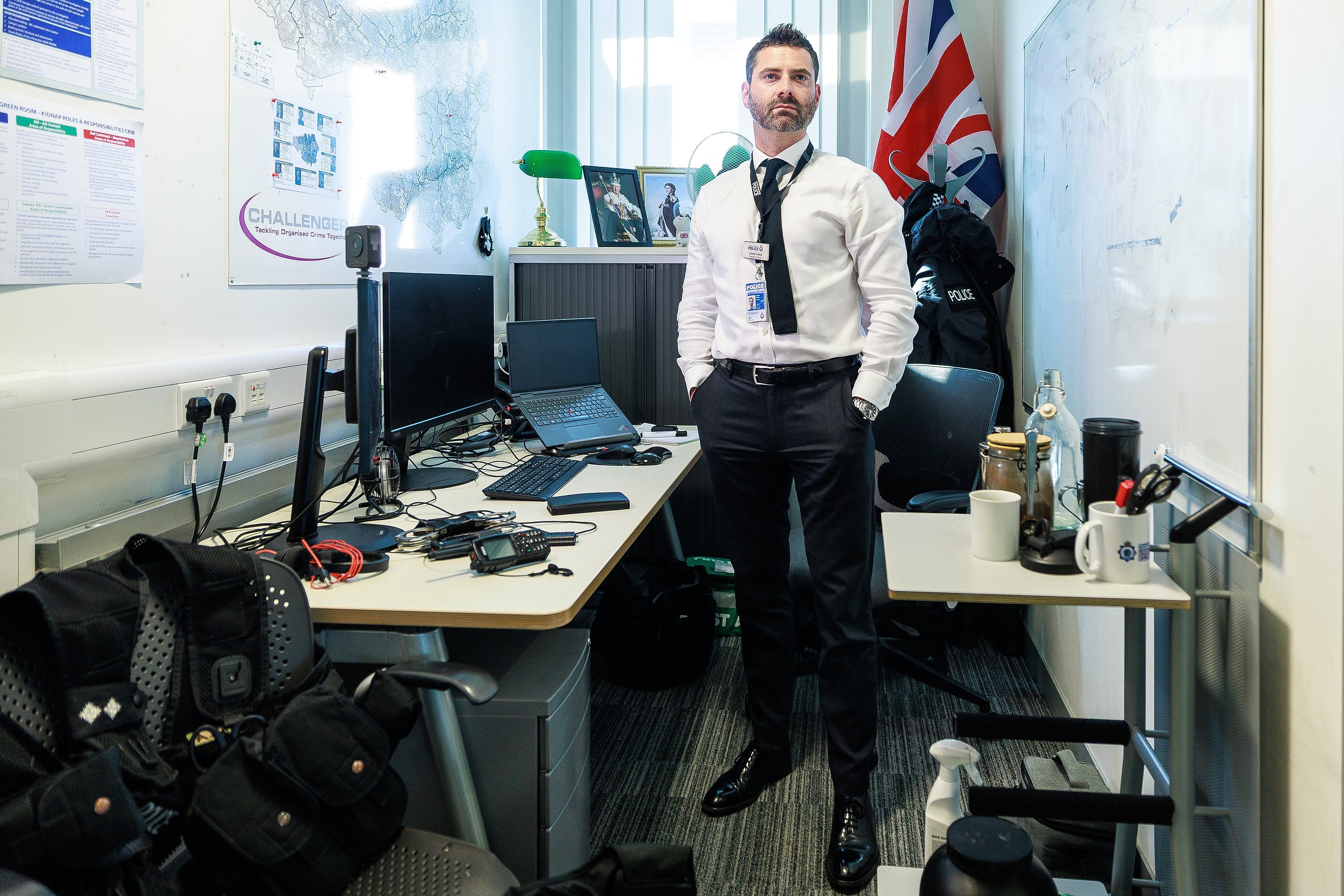
The unit’s members, who include an ex-marine among several with military experience, are experts in phone analysis and social media investigation and are trained in hostage negotiation and advanced driving.
The reactive nature of the work means team members can clock up to 70 or 100 hours of work on a busy week, as well as covering an on-call rota for kidnap cases.
“So every, every day, we get a summary of all the major incidents within GMP,” DI Coles added. “So I read them, deciding whether or not I’m going to be able to have dinner with my wife.”
After a 17-year-old was blasted with a shotgun in front of terrified mothers and their young children in Stretford in August 2023, the FCWU was deployed to find the gunman.
It took the unit less than 24 hours to track down suspect Ethan Deas, 18, after investigators found his father had paid for an Airbnb in Salford. The team began surveillance of the apartment block, and armed police were deployed when they spotted the teen going inside.
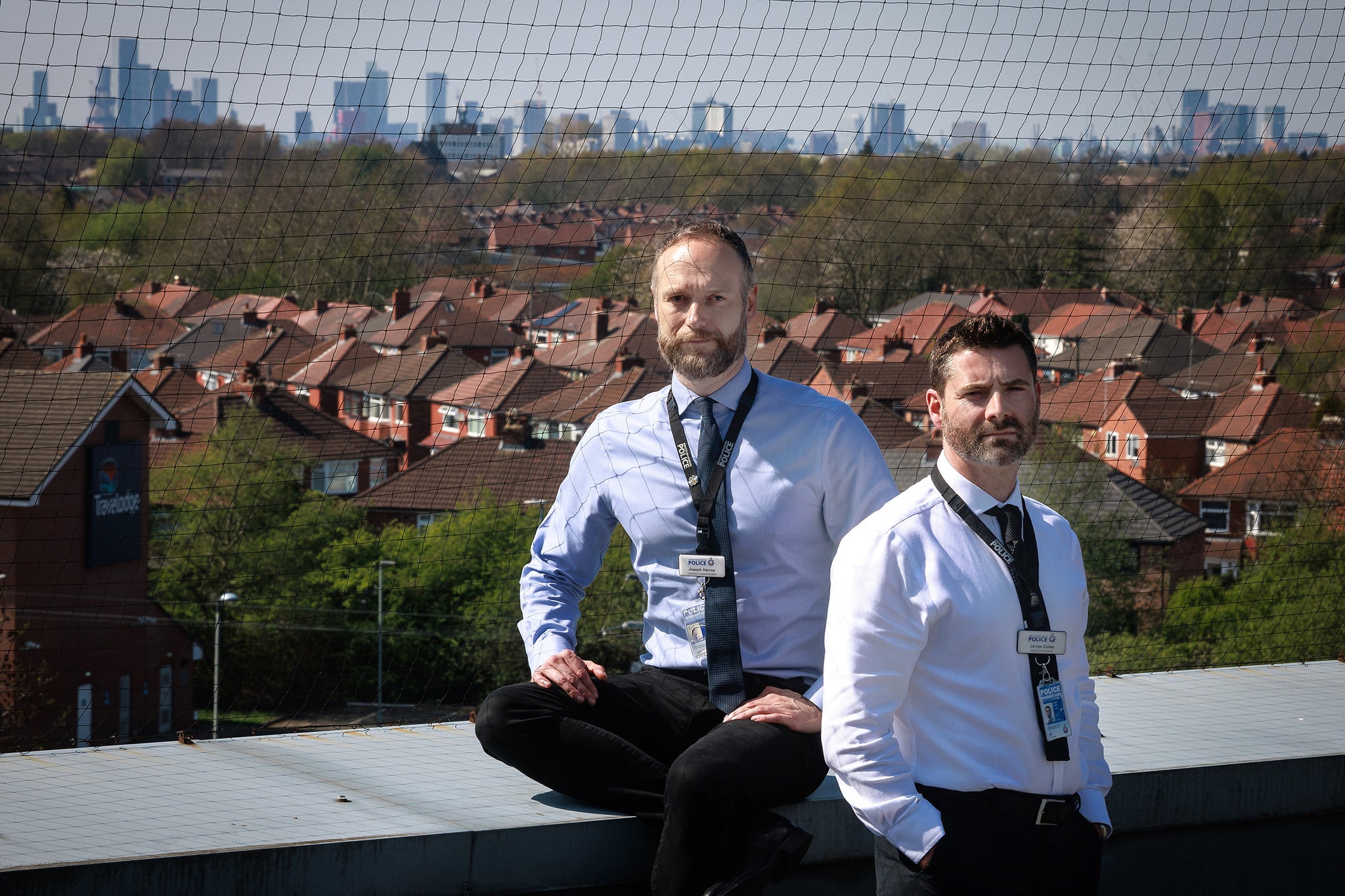
Deas, who was later jailed for 10 years for causing grievous bodily harm in the revenge shooting, tried to flee the 10th-floor flat by dropping down into a teenage girl’s 16th birthday party on the floor below but was captured by the team.
“It’s psychologically exhausting being on the run,” DI Coles said. “Anyone you have loved or cared about, we will exploit. Anything you might want or need – where do you get your money? Where do you collect your benefits?”
After Salah Eldin Adam, 21, was stabbed in the neck in Trafford in 2023, the team spent 16 days tracking Xaviour Wynter, who fled the scene of the attack along with Demari Rose.
Wynter was captured and brought to justice after the team realised he had started a new relationship with a girlfriend of three days and was later jailed for 13 years and eight months for manslaughter.
It took less than a day for the team to bring in Shiloh Pottinger after he stabbed university student Luke O’Connor, 19, eight times with a flick knife in a row on their way home from a party in Fallowfield in October 2022.
The team traced him after they realised he was ordering takeaway food to a bed and breakfast.
For DI Coles, the job comes with pressure, but the satisfaction of being able to focus the weight of the team on bringing in a suspect, rather than juggling multiple outstanding cases that could take months or even years to bring to a resolution.
He added: “I am given one job to do and it’s heavily pressurised and I am given all the resources and all the best people to deal with it.”







